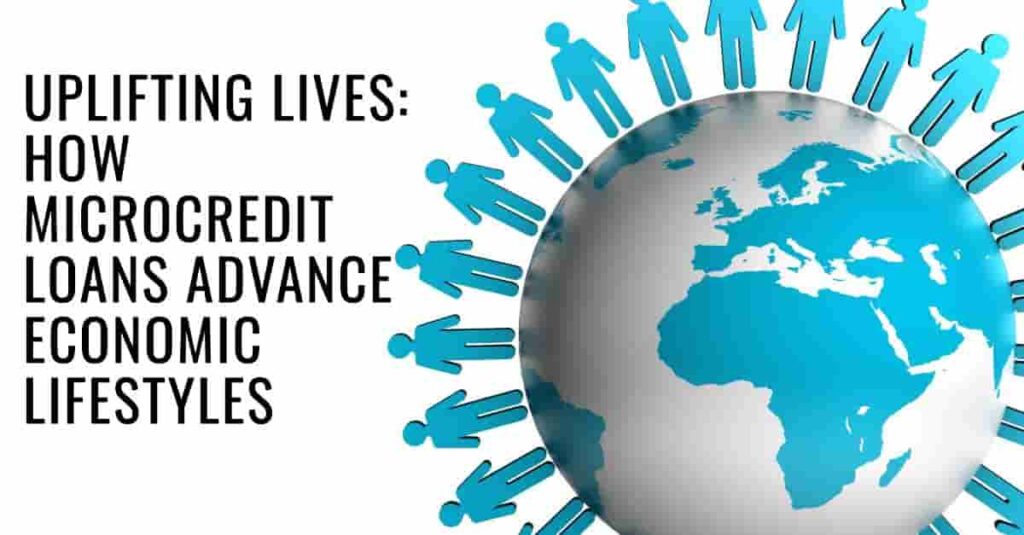
SMART MONEY MOVES: A COMPREHENSIVE GUIDE TO PERSONAL FINANCE
Managing your finances effectively is crucial for building a secure and prosperous future. Whether you’re new to handling money or looking to improve your financial habits, understanding the fundamentals of personal finance can help you make smarter decisions and achieve your goals. So at Valdymas Entrepreneurial and Transformational Leadership Empowerment Program ( VETLEP) we will explain some important terms on the benefit of having a powerful personal Finance.
1. The Importance of Budgeting and Saving
Create a budget is the foundation of financial health. It allows you to track your income, expenses, and identify areas where you can cut back. According to the Consumer Financial Protection Bureau (CFPB), individuals who budget are more likely to save and avoid debt (CFPB, 2020).
Saving regularly even small amounts can build an emergency fund, which the Federal Reserve recommends covering 3 to 6 months of expenses to protect against unexpected financial shocks (Federal Reserve, 2023).
2. Managing and Reducing Debt
Debt can be a major obstacle to financial freedom, especially high-interest debt like credit cards. The National Foundation for Credit Counseling (NFCC) suggests prioritizing debt repayment using methods like the avalanche (highest interest first) or snowball (smallest balance first) approach to reduce debt efficiently (NFCC, 2022).
Avoid accumulating new debt where possible, and consider options such as debt consolidation or refinancing to lower interest rates.
3. Investing for Long-Term Growth
Once you have savings and manageable debt, investing is a powerful way to build wealth. The U.S. Securities and Exchange Commission (SEC) advises diversifying investments across various asset classes to mitigate risk (SEC, 2023).
Some key investing tips includes:
- Investing with a long-term horizon to benefit from compound interest (Investopedia, 2023).
- Utilizing tax-advantaged retirement accounts like 401(k)s and IRAs.
- Regularly reviewing and adjusting your portfolio based on your risk tolerance and goals.
4. Financial Literacy as a Foundation
At Vetlep we educate you more on financial concepts that enables better money management and helps you avoid costly mistakes. The Organization for Economic Co-operation and Development (OECD) highlights the positive correlation between financial literacy and better financial outcomes, including increased savings and reduced debt (OECD, 2020).
Utilize resources such as personal finance books, trusted blogs, and financial education platforms to continually improve your knowledge.
5. Setting Realistic Financial Goals
Defining clear, actionable financial goals increases motivation and accountability. Use the SMART criteria (Specific, Measurable, Achievable, Relevant, Time-bound) to create goals that are realistic and trackable.
Regularly revisiting and adjusting your goals ensures they stay aligned with your life circumstances and priorities.
Conclusion
Mastering your personal finances takes discipline, knowledge, and consistent effort. But by budgeting wisely, managing debt, investing smartly, and continuously learning, you can secure your financial future and achieve your dreams.
References
- Consumer Financial Protection Bureau (CFPB). (2020).Budgeting Basics. https://www.consumerfinance.gov/about-us/blog/how-to-budget/
- Federal Reserve. (2023). Report on the Economic Well-Being of U.S. Households. https://www.federalreserve.gov/publications/2023-economic-well-being-of-us-households-in-2022.htm
- National Foundation for Credit Counseling (NFCC). (2022). Debt Repayment Strategies. https://www.nfcc.org/resources/debt-management/
- S. Securities and Exchange Commission (SEC). (2023). Basics of Investing. https://www.investor.gov/introduction-investing/basics
- (2023). Compound Interest. https://www.investopedia.com/terms/c/compoundinterest.asp
- Organisation for Economic Co-operation and Development (OECD). (2020). Financial Literacy and Inclusion.https://www.oecd.org/finance/financial-education/



